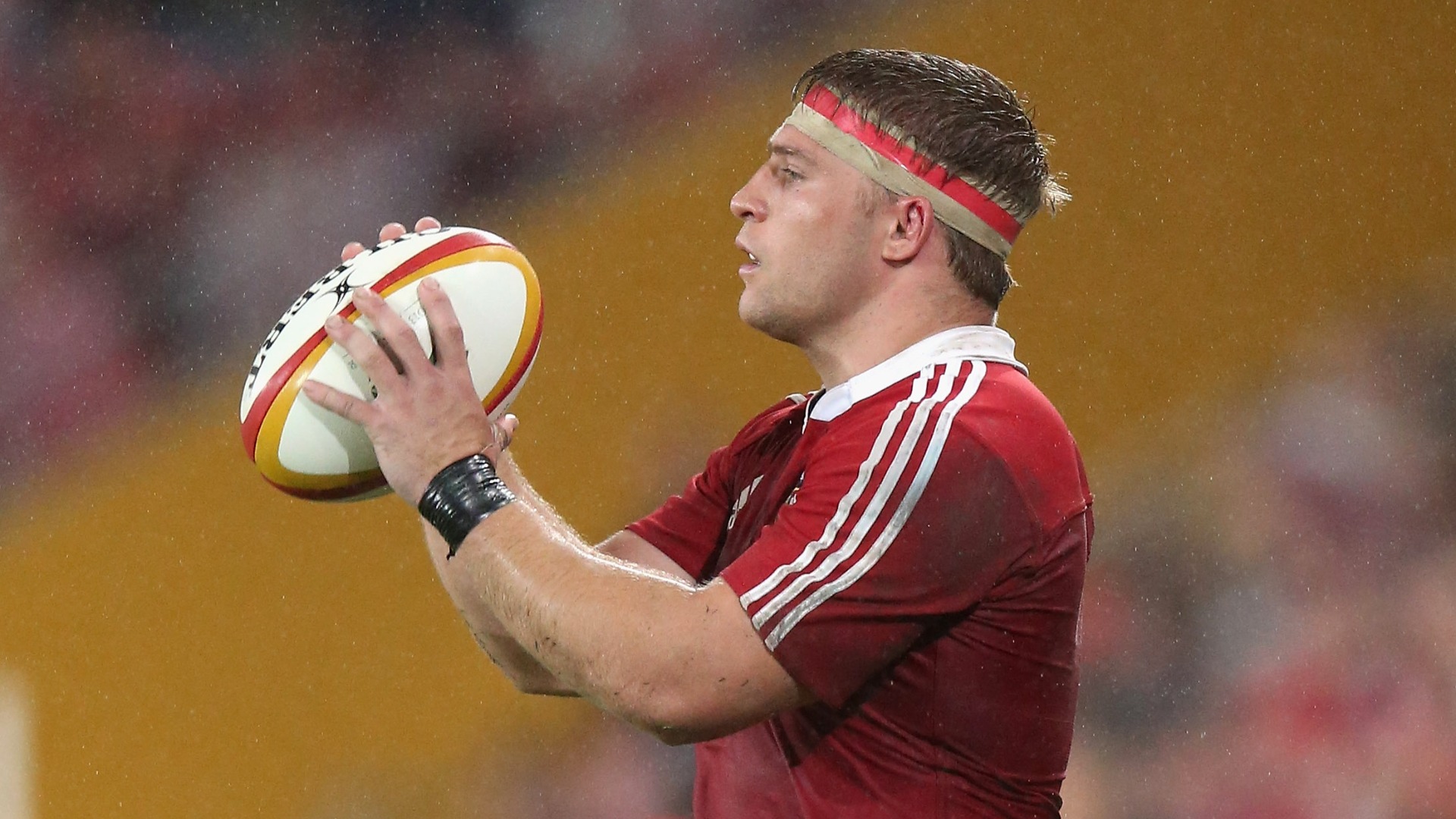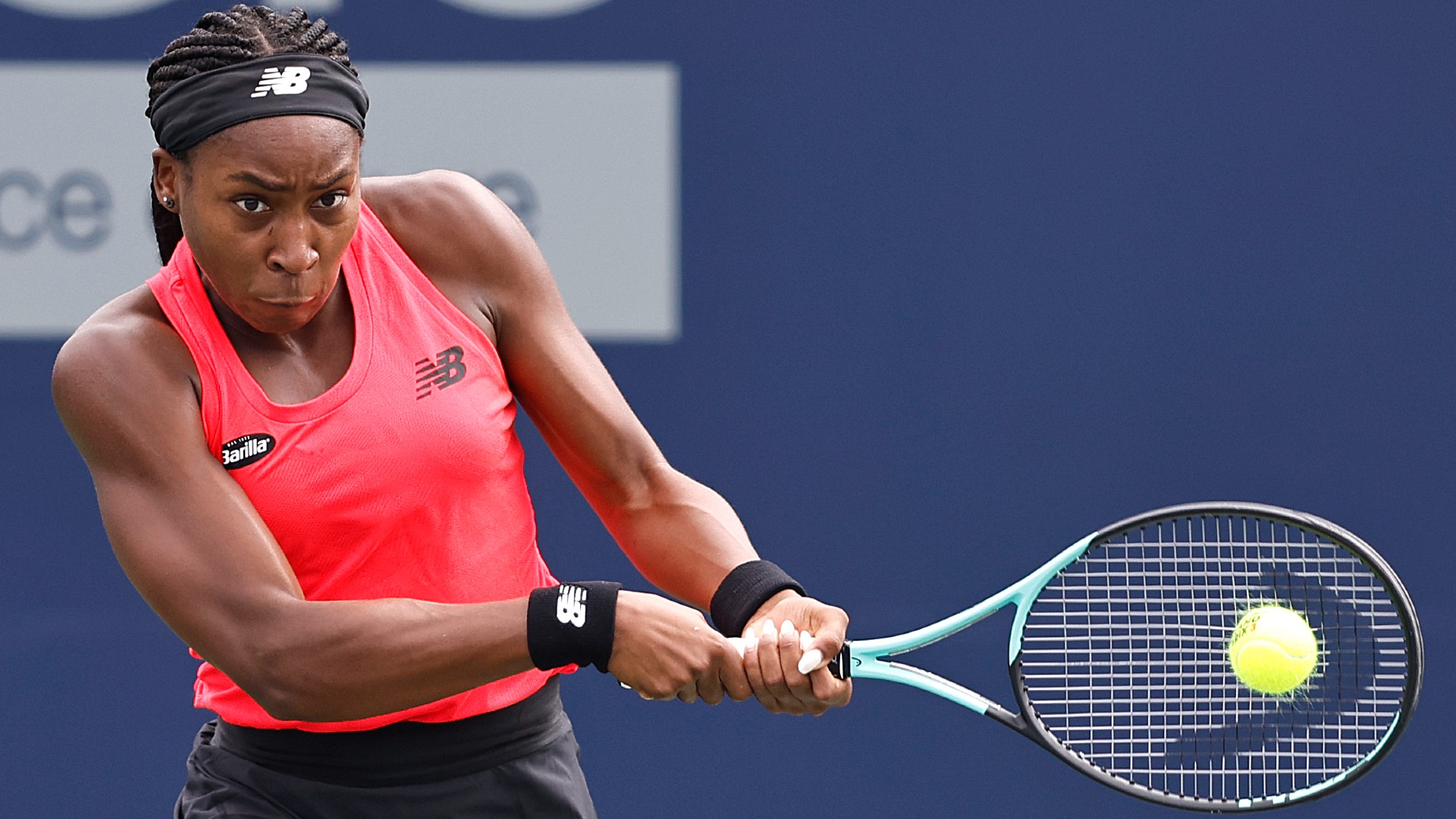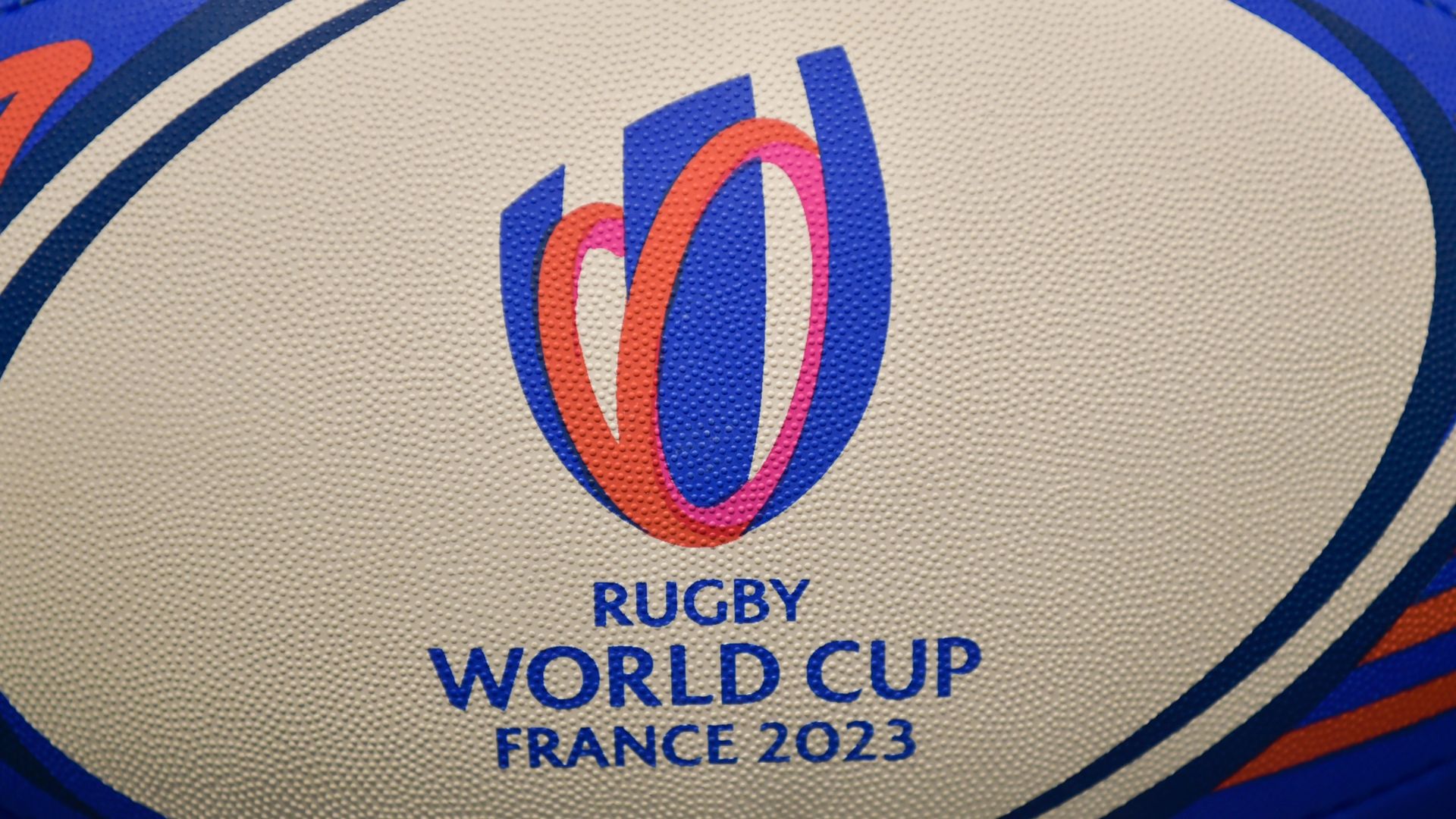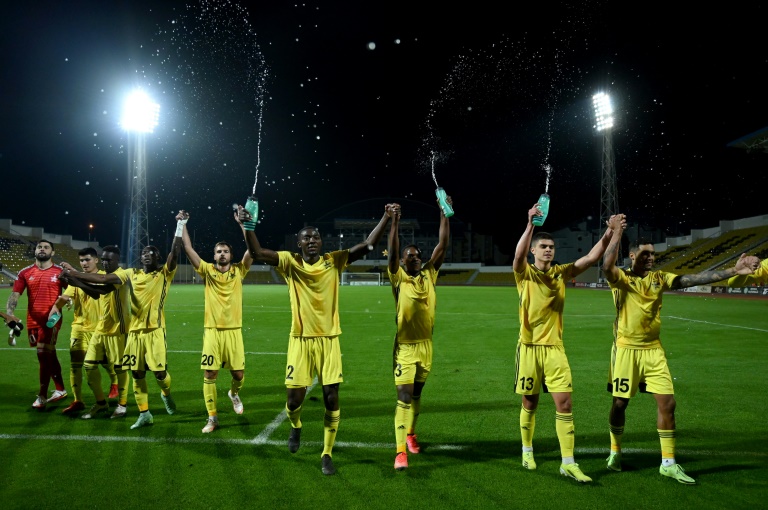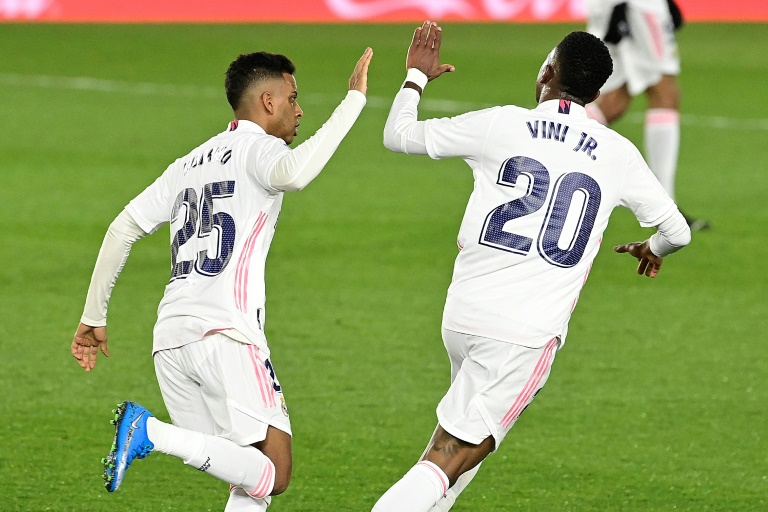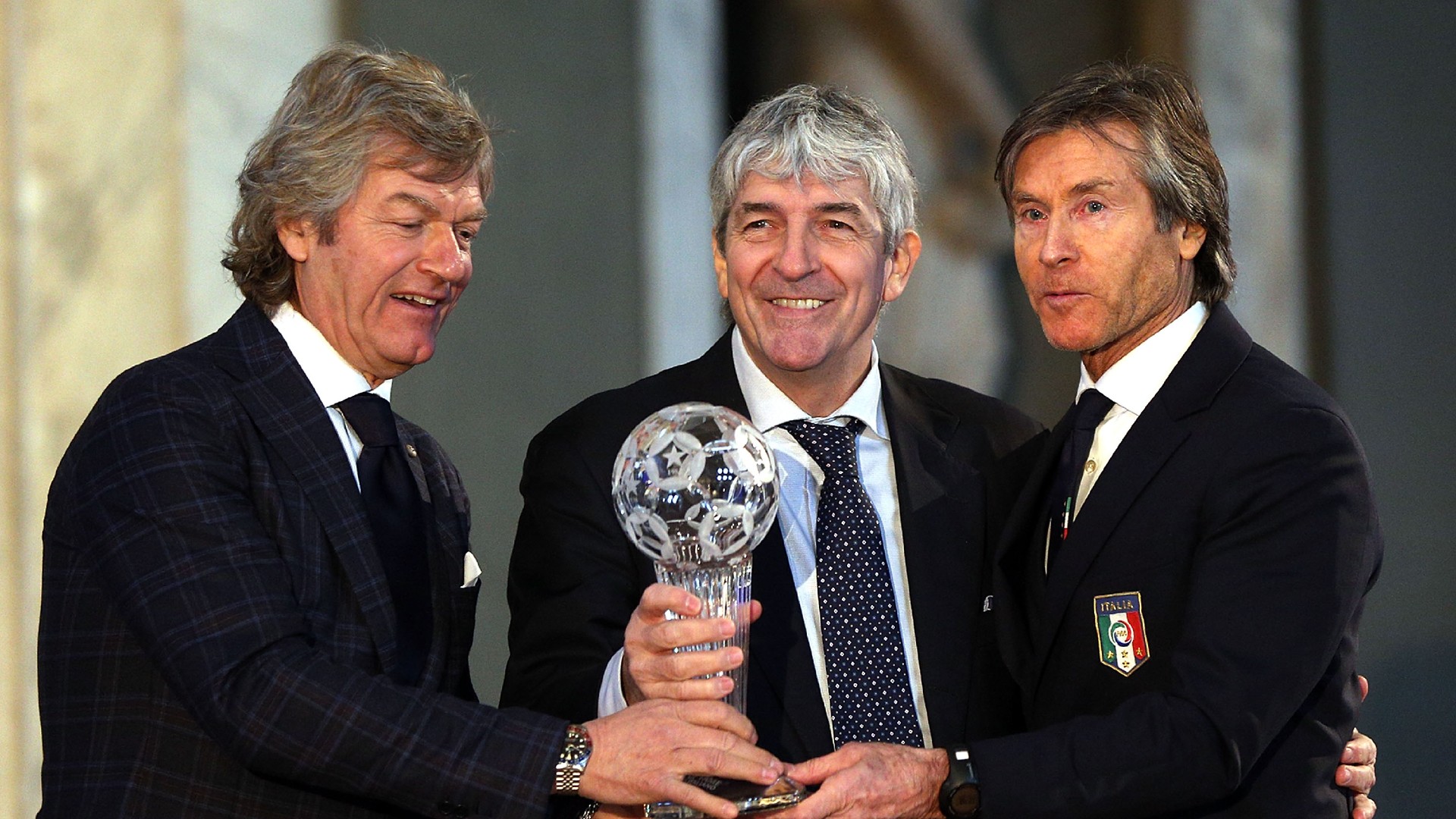
FIFA president Gianni Infantino has called for Italian authorities to honour the legacy of Paolo Rossi by naming the Stadio Olimpico after the former forward.
Rossi scored six goals to claim the Golden Boot and Golden Ball as Italy lifted the 1982 World Cup, while he was awarded the Ballon d’Or in the same year – the only player to win all four trophies in the same year.
During that competition, Rossi guided his side into the knockout stages as his hat-trick propelled Italy to a 3-2 group-stage victory over a formidable Brazil team, which included legends Socrates and Zico.
Rossi still remains Italy’s joint-top scorer at World Cups, with his nine goals only matched by fellow attackers Roberto Baggio and Christian Vieri.
The former Vicenza and Juventus striker died aged 64 in 2020, and Infantino implored the Italian Football Federation (IFF) to mark Rossi’s legacy by naming Lazio and Roma’s Olimpico stadium after him.
“What are we waiting for to name the Olimpico after Paolo Rossi? There isn’t another Italian who has given more to this sport,” he said on Monday at an event to remember former IFF president Artemio Franchi.
“So, please I’m saying this to all the directors here. Please, help us, I think Paolo deserves it.”
Infantino also recalled a meeting with former referee Abraham Klein, who officiated the meeting between Italy and Brazil in 1982 and ruled out what would have been Italy’s fourth goal through Giancarlo Antognoni.
“Among other things, he admitted that Antognoni’s goal [that was disallowed for offside] was valid, so let’s rectify the result, it ended 4-2,” he added on Klein before discussing the legacy of Franchi.
“I am president of FIFA, who for the first time in its history has appointed a woman general secretary. These are the values that football gives and that we managers must protect, as did Artemio Franchi.
“It means listening, but also making decisions and acting: without this, Italy probably would not have won the European Championships and would not have qualified for the World Cup, UEFA would not have taken the steps it took at a time when Europe was uniform.
“As leaders, we must always seek, with diplomacy and emotion to bring the sport back to play this very important role of giving emotions to people.”




